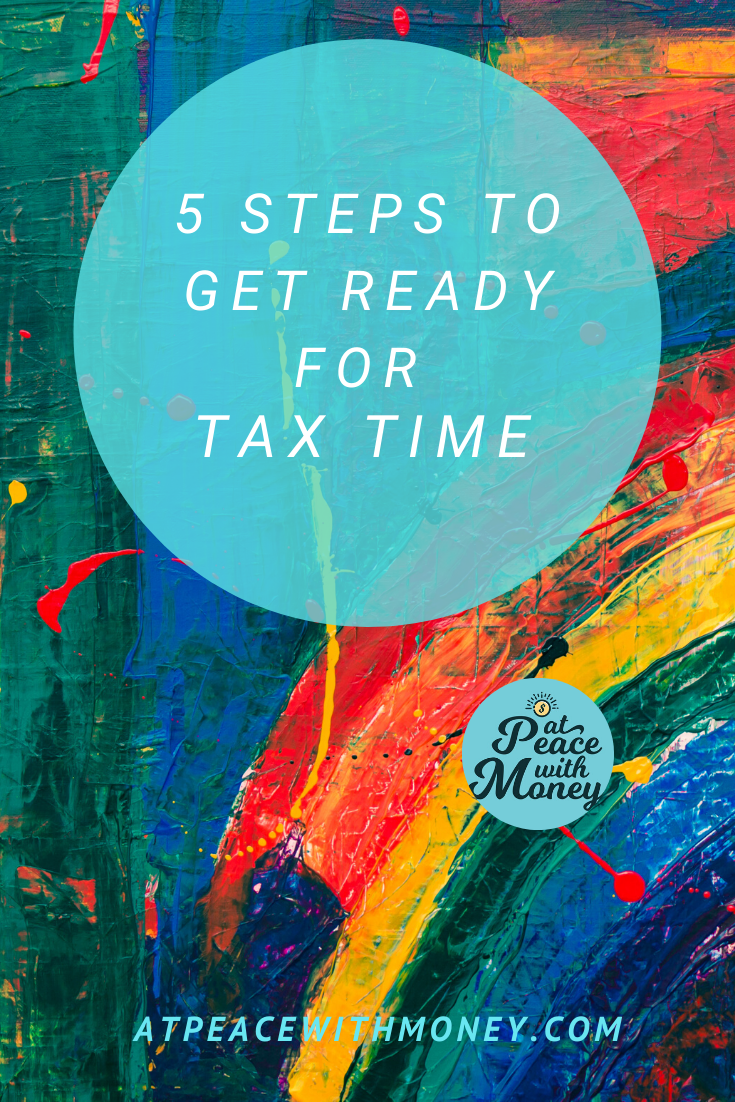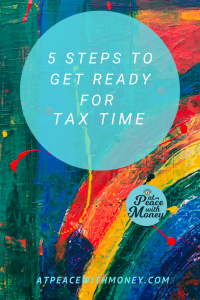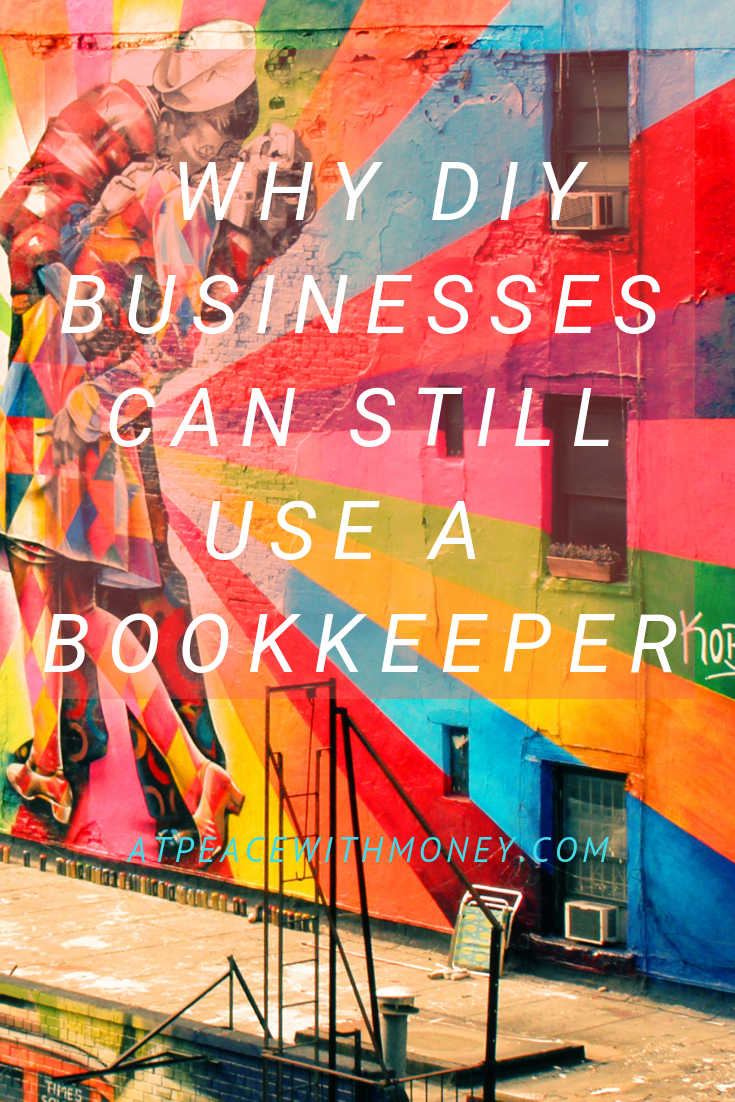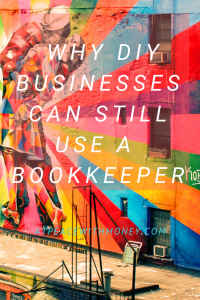The Best Thing You Can Do For Your Business

Today I am excited to bring you a client success story. With the tax deadline coming up swiftly, tax preparations have been on my desktop and my mind. But they haven’t been weighing down my clients, because of the tools we use to prep for tax season.
The Story
I have one client that I’ve worked with for several years now. In the beginning of my time working with them, taxes were a huge, stressful burden. By using a money mapping system that relies on Profit First principles, we were able to start setting aside money to pay taxes. In 2019, the client had an excellent year and made a lot of money. In ordinary times, this would be great. However, because we faced lower income this year due to the pandemic, if we hadn’t saved ahead of time, we would have found ourselves in disaster come tax season. Thanks to the money system we instituted, we had our tax payments completely covered, even with lower revenue this year.
The Success
Now my client and I are happily relishing in a worry-free tax season. Saving for taxes is one of the best things we’ve done for this business. It’s helped us avoid a lot of sticky financial problems and kept things running smoothly.
Our success is all thanks to the money mapping system we use. I’ve written a series on money mapping that you can read through to get a sense of how to put this tool to work. Aside from tax season, it has a lot of other benefits, like reminding you to save and making your work in your business feel meaningful. This process of creating a money system is a big part of what I do with my clients. You can book a curiosity call  with me if you want to know more about how the process might apply to you.
with me if you want to know more about how the process might apply to you.
A Little Reminder
Just in case you don’t get my newsletter, here’s a PSA: By July 15th, your 2019 taxes are due to be filed and paid, if you owe. You are also required to turn in your first and second quarter estimated taxes for this year. Please read my article on 5 Steps to Get Ready for Tax Time to get prepped. I’m also happy to offer my services – please don’t hesitate to reach out.
Angela
Image by Javier Sierra







 File Your Taxes On-Time!
File Your Taxes On-Time!


 #4 – You should have received all of your tax mailings by mid-February. If your tax preparer is going to want everything in electronic form (or you just want to stay super organized) scan all of your paper statements and add them to your 2017 Tax Documents folder.
#4 – You should have received all of your tax mailings by mid-February. If your tax preparer is going to want everything in electronic form (or you just want to stay super organized) scan all of your paper statements and add them to your 2017 Tax Documents folder.


 Earlier in this article, I mentioned that a financial planner can be a good reference, but another option is to simply meet with a planner at a firm as needed. I had one client who, when planning for retirement, made one appointment at a firm and got all her questions answered. No commitment needed, and a good source of advice.
Earlier in this article, I mentioned that a financial planner can be a good reference, but another option is to simply meet with a planner at a firm as needed. I had one client who, when planning for retirement, made one appointment at a firm and got all her questions answered. No commitment needed, and a good source of advice.


 To solve this problem, I recommend two things. First, work with a tax preparer or bookkeeper who will help estimate a percentage to be held out for taxes. You can read more of my advice about working with a
To solve this problem, I recommend two things. First, work with a tax preparer or bookkeeper who will help estimate a percentage to be held out for taxes. You can read more of my advice about working with a 


 Some business owners may feel that they are not ready to hire a bookkeeper, so they prefer to keep their own records. If this is you, you can still benefit from having a bookkeeper review what you’ve done. Or perhaps you need some training on how to set up and maintain your bookkeeping – an expert can offer this too. Many solopreneurs also benefit from Profit First Financial Coaching in order to
Some business owners may feel that they are not ready to hire a bookkeeper, so they prefer to keep their own records. If this is you, you can still benefit from having a bookkeeper review what you’ve done. Or perhaps you need some training on how to set up and maintain your bookkeeping – an expert can offer this too. Many solopreneurs also benefit from Profit First Financial Coaching in order to 


 #5 – Grab a copy of last year’s tax return and review the entries you had last year. Or if you have a digital file from last year, compare the statements with the information you have for this year. This can jog your memory so you know you haven’t missed anything. The last thing you want is to have to file a corrected tax return because you left something out, so just take the time and make sure you’ve got all of your information.
#5 – Grab a copy of last year’s tax return and review the entries you had last year. Or if you have a digital file from last year, compare the statements with the information you have for this year. This can jog your memory so you know you haven’t missed anything. The last thing you want is to have to file a corrected tax return because you left something out, so just take the time and make sure you’ve got all of your information.


 create a financially streamlined business. Strategizing to prepare for surprise expenses and taxes, offer more of your most profitable products or services at the optimal time of year, and remembering to pay yourself all contribute to financial success. If you’re interested in doing this analysis work with some professional help, I’m happy to speak with you. Take a look at
create a financially streamlined business. Strategizing to prepare for surprise expenses and taxes, offer more of your most profitable products or services at the optimal time of year, and remembering to pay yourself all contribute to financial success. If you’re interested in doing this analysis work with some professional help, I’m happy to speak with you. Take a look at 
 Recognizing this may mean we need to reexamine our approach with expenses in general. When making a purchase, it’s important to a
Recognizing this may mean we need to reexamine our approach with expenses in general. When making a purchase, it’s important to a